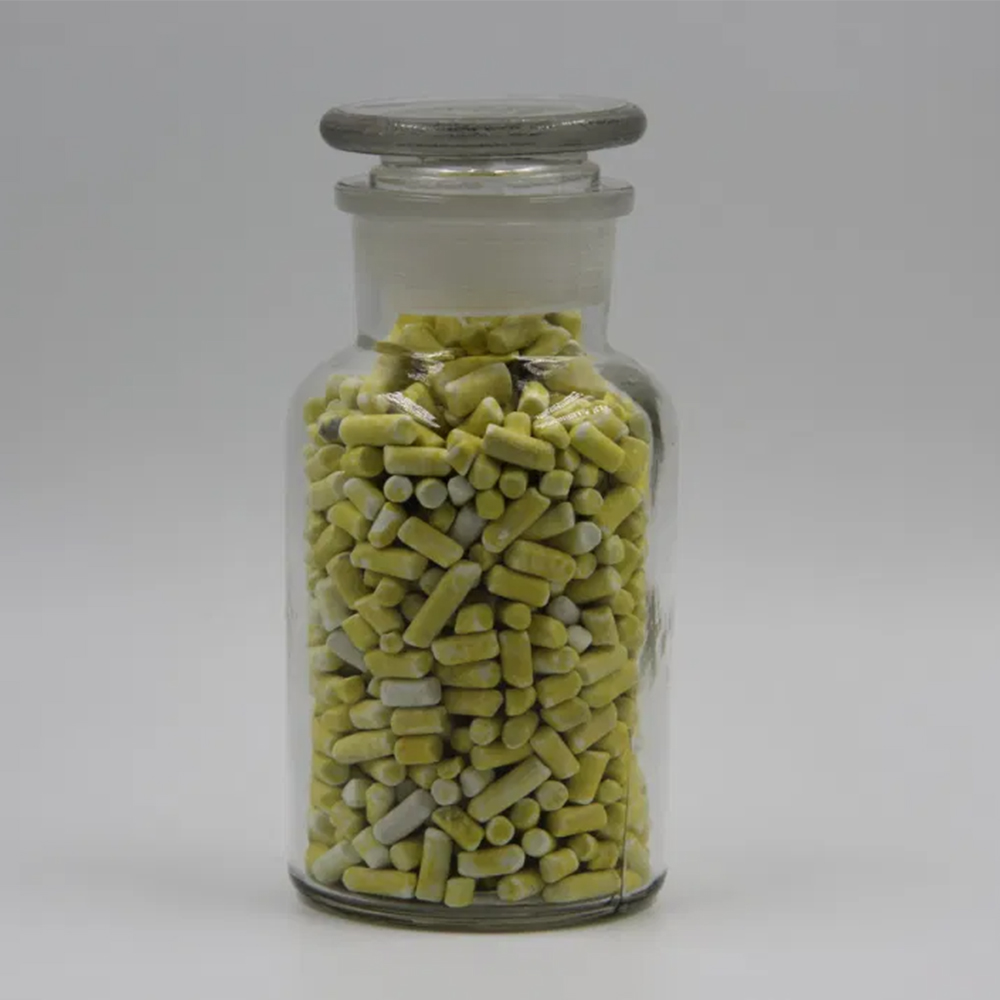



well water pool treatment
Well Water Pool Treatment Ensuring Safe and Clean Swimming Conditions
As more individuals seek to enhance their outdoor spaces, swimming pools have become a popular addition, especially for those relying on well water for their household needs. While well water is an excellent and often more economical source of water, it comes with its own set of challenges, particularly when it is used for filling swimming pools. Proper treatment of well water is crucial to ensure a safe, clean, and enjoyable swimming experience. This article delves into the necessary steps and considerations for well water pool treatment.
Understanding Well Water Quality
Before even thinking about filling your pool, it is essential to test the well water quality. Test for common impurities, including bacteria, pH levels, hardness, alkalinity, and the presence of iron, manganese, or sulfates. Regular testing is crucial, especially if there are changes in the water's taste, smell, or color. Many local health departments and environmental agencies offer water testing services that can provide a comprehensive breakdown of your well water's health indicators.
Filtration Systems
The next step in ensuring your well water is suitable for pool use is to implement an appropriate filtration system. Standard pool filters may not be adequate to deal with the specific contaminants found in well water. Water softeners and sediment filters can help remove hardness minerals and larger particles. There are also specialized filters designed to manage iron and manganese levels. Choosing the right filters will not only help maintain water clarity but also prolong the life of the pool's equipment.
Chemical Treatments
Once the water is filtered, chemical treatment is necessary to eliminate any remaining contaminants and balance the water chemistry
. Here are some key chemicals to considerwell water pool treatment

1. Sanitizers Chlorine is the most commonly used sanitizer in pools, but it’s essential to ensure that it does not react with any iron present in well water. For well water pools, it might be worth considering alternatives like saltwater systems or bromine.
2. pH Balancers The pH levels dictate how well chlorine works; swimming pools should ideally have a pH between 7.2 and 7.8. If your well water is too acidic or alkaline, use pH increasers or decreasers.
3. Algaecide Well water can promote algae growth if not properly treated. A suitable algaecide can help prevent this problem and keep the water clear and inviting.
4. Clarifiers and Flocculants If your well water is cloudy, adding a clarifier or flocculant can help bind particles together, making them easier to filter out.
Regular Maintenance and Monitoring
Once your pool is filled and treated, maintaining water quality is a continuous process. Regularly check chemical levels, especially after heavy rains or prolonged periods of use. Clean the filters routinely and ensure that the skimmers are clear of debris. Additionally, consider shock treating the pool on a monthly basis or after heavy usage to maintain optimal water conditions.
Conclusion
Well water can be a fantastic resource for filling and maintaining a swimming pool, but it comes with unique challenges that homeowners must address. By testing the water quality, installing appropriate filtration systems, utilizing the right chemical treatments, and committing to regular maintenance, pool owners can ensure their well water pools remain safe, clean, and enjoyable for years to come. Embracing proper well water pool treatment not only enhances your swimming experience but also protects the health of your family and friends.
-
Why Sodium Persulfate Is Everywhere NowNewsJul.07,2025
-
Why Polyacrylamide Is in High DemandNewsJul.07,2025
-
Understanding Paint Chemicals and Their ApplicationsNewsJul.07,2025
-
Smart Use Of Mining ChemicalsNewsJul.07,2025
-
Practical Uses of Potassium MonopersulfateNewsJul.07,2025
-
Agrochemicals In Real FarmingNewsJul.07,2025
-
Sodium Chlorite Hot UsesNewsJul.01,2025










